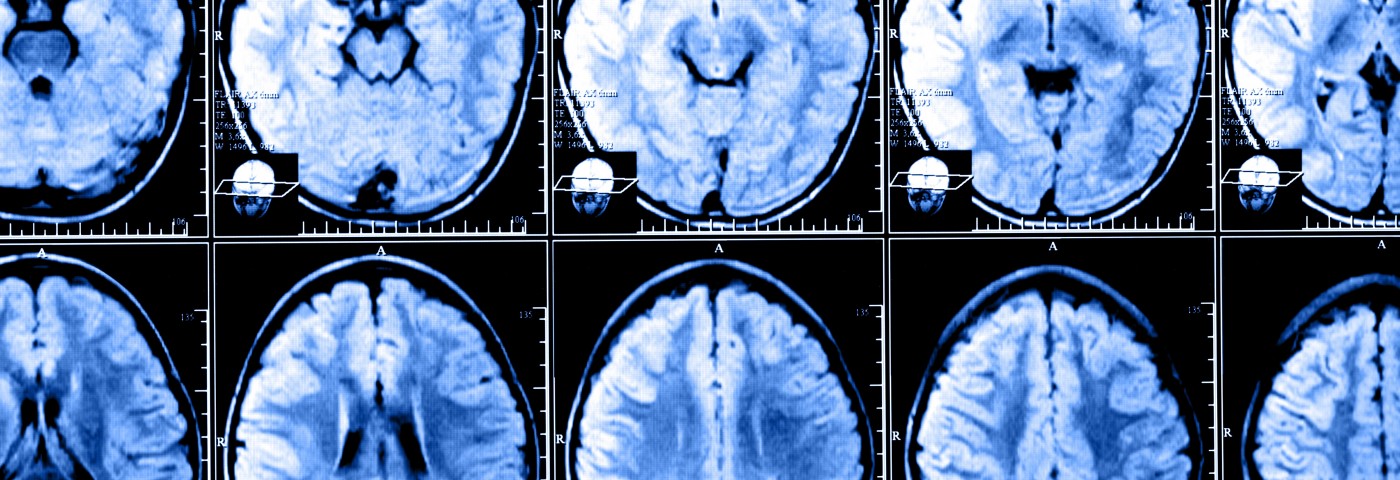A recent study revealed that patients with chronic obstructive pulmonary disease (COPD) exhibit gray matter decreases in areas of the brain that process breathlessness, fear, and sensitivity to pain. The study, “Brain Changes in Patients with Chronic Obstructive Pulmonary Disease,” was published in the journal Chest.
COPD is a leading cause of morbidity and mortality in the world, characterized by progressive and persistent airflow limitation caused by intrapulmonary inflammatory processes. The disease impacts nearly 24 million Americans. COPD is often accompanied by high levels of comorbid anxiety and depression. Disease-specific fears, like fear of dyspnea and fear of physical activity, contribute to disability in COPD and have been suggested as fueling a downward spiral of avoidance of physical activity, subsequent deconditioning, and greater dyspnea at even lower activity levels, resulting in significant reductions in health-related quality of life.
Unfortunately, little is known about underlying brain processes in patients with COPD and respective relations with disease duration and disease-specific fears.
To examine whether patients with COPD exhibited generalized cortical degeneration as well as reduced regional gray matter volume (GMV) compared to healthy control subjects, Roland W. Esser, from the Department of Systems Neuroscience, University Medical Center Hamburg-Eppendorf in Germany, and colleagues used voxel-based morphometric analysis of magnetic resonance (MRI) images to measure differences in generalized cortical degeneration and regional gray matter.
Thirty stable outpatients with moderate to severe COPD (GOLD stage 2 and 3) recruited at the Pulmonary Research Institute and at an outpatient pulmonary rehabilitation center were compared with 30 control subjects.
The COPD Anxiety Questionnaire (CAF) was used to assess disease-specific fears. The CAF scales consist of five and six items, with higher summary scores for each scale representing higher levels of fear.
The results revealed that patients with COPD showed decreased gray matter volume in the anterior, mid, and posterior cingulate cortex, hippocampus, and amygdala. The levels of degeneration in some brain areas were also impacted by longer disease duration. Those individuals showed a greater fear of breathlessness and fear of physical activity, which can affect the course of the disease.
“Targeting disease-specific fears in patients with COPD might not only improve outcomes of clinical interventions such as pulmonary rehabilitation, but also reverse structural brain changes in these patients,” concluded the research team, according to a news release.

